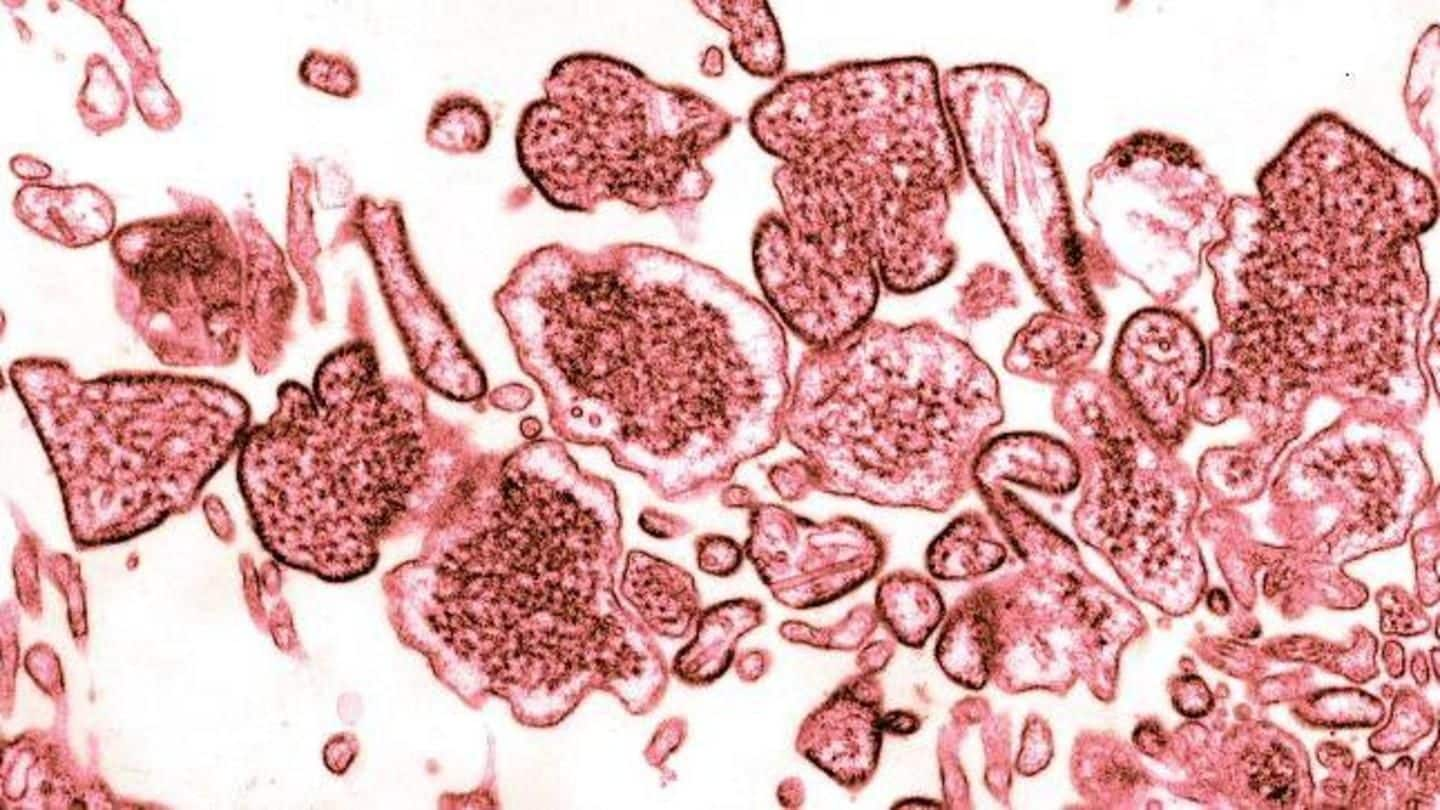
Nipah Virus: All about symptoms, prevention, and treatment
What's the story
After the Kerala health department confirmed the presence of the Nipah Virus which, so far, has taken 11 lives, efforts are underway to identify all those who have been infected.
Both state, and central authorities are working round the clock to see if the incident was isolated or whether there is actually an outbreak.
Meanwhile, here's what you can do to stay safe.
Definition
What is the Nipah Virus?
The Nipah Virus (NiV) was first documented in 1998 in Malaysia where it left almost 100 people dead. It is thought to spread by infected pigs and fruit-eating bats, with the latter thought to be natural carriers of the virus.
Symptoms
Symptoms of a Nipah Virus infection
The incubation period of the Nipah Virus is around 5 to 14 days, and symptoms start becoming visible after this period.
Common symptoms include fever, nausea, headaches, and fainting. Other symptoms like choking, stomach ache, vomiting might show up in some cases too.
Chances of contracting encephalitis is high, and there's also a possibility of patients going into coma within two days.
Prevention
Tackling risk factors and taking precautions can help in prevention
While there are no vaccines at present to immunize people against the Nipah Virus, experts have suggested that tackling risk factors might prove to be more effective in prevention.
It's supremely important to avoid any food/drink which has had the chance to be contaminated by bats.
It's also important to maintain distance with an infected person, and sanitize and wash hands and clothes afterwards.
Information
Precautions to take if someone dies from a NiV infection
Authorities have also warned that it's important to cover the faces of the people who have died from NiV infection so as to stop further spreading of the virus. It is also important to avoid all bodily contact with the deceased.
Treatment
Treatment is currently only limited to supportive care
Owing to the absence of a vaccine, treatment for NiV-infected patients are currently only limited to supportive care. While not conclusive, intensive supportive care has earlier proved to be relatively effective in helping patients fight the infection.
However, it's extremely important to take standard infection control precautions while treating someone, owing to the contagious nature of the infection.